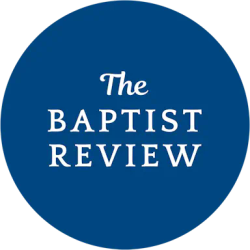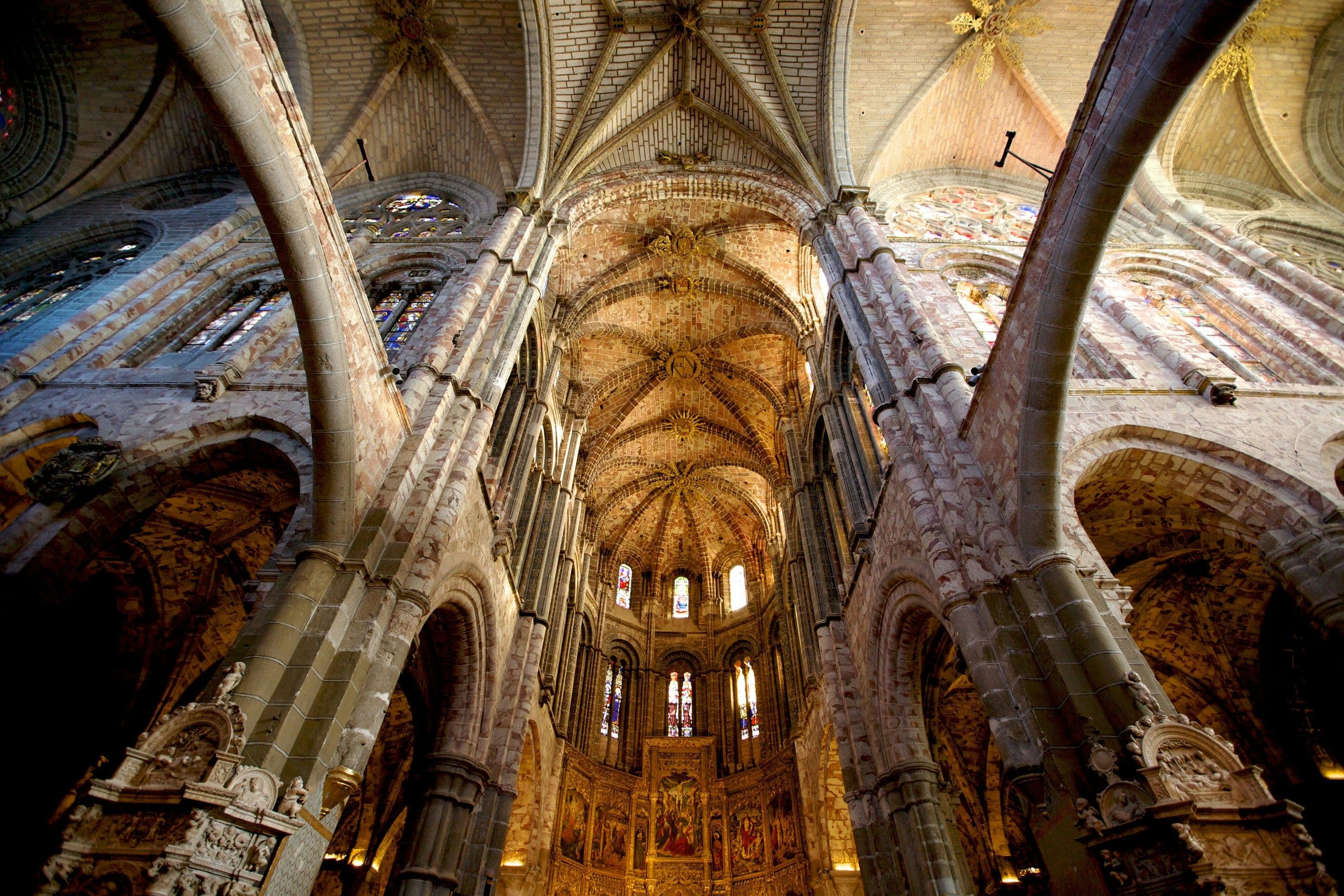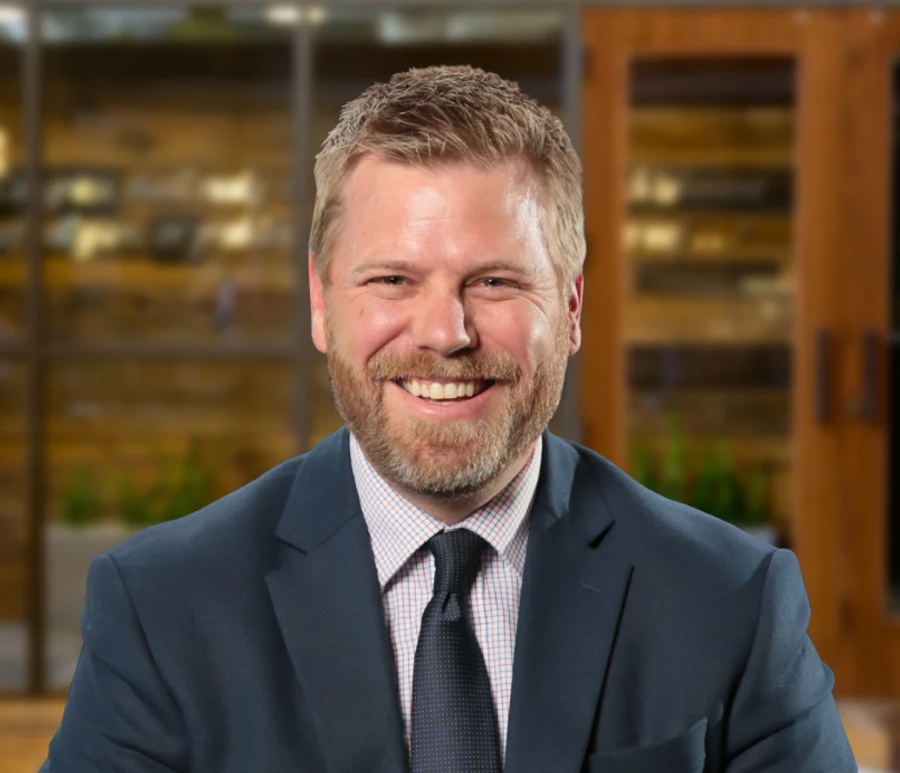There is no question that we live in a world that is changing rapidly, and many have noted the similarities with the ancient pagan world. In my recent book, Cultural Sanctification: Engaging the World like the Early Church, I look back to the earliest centuries of the church and consider how ancient Christians lived and even thrived in that world and what lessons we might learn from them. In the excerpt below, I discuss how they championed discipleship or catechesis as an essential ingredient for conversion. The early church understood that slow, deliberate, and holistic discipleship is necessary to pass on the faith and cultivate disciples that are prepared to live faithfully in a world that is often set against them.
Conversion in the early church was distinct in “unit[ing] the sacramentalism and the philosophy of the time.” Like the philosophical schools, the Christian community gave people a way of life and a purpose. But they also gave them a confession, morality, and liturgy. To use [Andrew] Walls’s language, the church “indigenized” the culture by Christianizing some of its elements and patterns. The Christian community was similar and yet different. It was marked out not by mere external features but by convictions, lifestyles, and community. Striving toward sanctification while both interacting with their neighbors and living as pilgrims, the Christians slowly transformed their culture.
The ancient apologist Justin Martyr offers a good example of how conversion could happen in the early church. Justin was a philosophically minded pagan inclined toward the deep questions of life. His intellectual journey led him through the doctrines of the Stoics, Peripatetics, Pythagoreans, and Platonists, but without satisfaction. Finally, he tells us, while studying Platonism, he observed some Christians being martyred. He witnessed the visible testimony of their commitment to Christianity, and having “heard the Christians slandered, and saw them fearless of death, and of all other-things which are counted fearful, perceived that it was impossible that they could be living in wickedness and pleasure.” The public testimony of Christian fortitude both softened his heart and convinced his mind that Christians could not be crazy if they were willing to give their lives for the sake of their god.
Then, on a chance encounter with an old man by the sea, Justin was introduced to the writings of the prophets and apostles. This elderly Christian engaged him in casual theological conversation that finally came around to the old man telling Justin where to find truth:
There existed, long before this time, certain men more ancient than all those who are esteemed philosophers, both righteous and beloved by God, who spoke by the Divine Spirit, and foretold events which would take place, and which are now taking place. They are called prophets. These alone both saw and announced the truth to men, neither reverencing nor fearing any man, not influenced by a desire for glory, but speaking those things alone which they saw and which they heard, being filled with the Holy Spirit.
When Justin heard these things, “straightway a flame was kindled in my soul; and a love of the prophets, and of those men who are friends of Christ, possessed me; and while revolving his words in my mind, I found this philosophy alone to be safe and profitable.” His conversion entailed a complete revision of his understanding of God and the relationship between God and creation; he found a different metaphysical basis for his identity and understanding of reality.
He recognized that the gods of wood and stone offered no ground for a solid religious identity. Just as Christianity was the only sure and true philosophy, Christian theology and morality laid a firm foundation for a conception of reality that can guide a believer home. Thus, the public witness of Christian martyrdom and a chance encounter with an elderly believer led Justin to the testimony of the Scriptures and his conversion to Christianity.
Converts like Justin could be Roman in every visible way and encourage active engagement with their fellow citizens. Such regular organic interactions led to lives that were transformed. Speaking of himself and others who have joined the church, Justin wrote,
we who formerly delighted in fornication, but now embrace chastity alone; we who formerly used magical arts, dedicate ourselves to the good and unbegotten God; we who valued above all things the acquisition of wealth and possessions, now bring what we have into a common stock, and communicate to every one in need; we who hated and destroyed one another, and on account of their different manners would not live with men of a different tribe, now, since the coming of Christ, live familiarly with them, and pray for our enemies, and endeavour to persuade those who hate us unjustly to live conformably to the good precepts of Christ, to the end that they may become partakers with us of the same joyful hope of a reward from God the ruler of all.
The church was not merely a philosophical school offering a scheme of life, nor was it a pure civil religion that unified society; it was both and, at the same time, uniquely more. Christians who had been steeped in paganism now dedicated themselves to the “good and unbegotten God” and followed the teachings of Christ.
At the same time, they had been turned around ethically. They embodied a theological transformation that rejected the pagan gods and recognized the validity of the one true God, a moral transformation that pursued virtue and conformity to the likeness of Christ, and a social transformation that led different tribes to live together in community and drew others to join them. As Meeks writes, the “earliest Christian writings want to root the moral sensibilities of its readers in their consciousness of having turned around.” They gathered as a community and worshiped together as they sought sanctification, all the while remaining embedded within their communities.
What are the implications of this model for today? Evangelicals have always celebrated the importance of conversion. According to Bebbington’s classic definition, conversionism is one of their defining features, and their history is full of revivals that cultivated spontaneous religious encounters. Yet revivals, at least those of the past three centuries, have presupposed the semblance of a Christian culture, like an old house sitting empty and waiting for a family to move in it and bring life to the residence. Put otherwise, revivalism assumes that the reigning cultural structures are Christian, and that a dead Christendom can be brought back to life.
But we live in a different world. The institutions and social structures that supported a cultural Christianity are gone. We may hope and pray for revival and praise God when true revival comes, but in the meantime, perhaps we should consider the slow, steady, everyday evangelistic encounters through a regular visible witness of the community.
The church did not strategize to be the church so that they could evangelize—just the opposite. They sought to be the church, and in doing so made the church attractive. They actively welcomed outsiders and patiently disciplined them in the beliefs and practices of the Christian faith. The same can happen today. Conversion on this model will take time and commitment to an embedded Christian life that offers a regular, visible witness of a living community.
Excerpted from Cultural Sanctification: Engaging the World like the Early Church by Stephen O. Presley ©2024 (Wm. B. Eerdmans Publishing Co.). Reprinted by permission of the publisher.
Editor's Note: As a part of its commitment to fostering conversation within the Southern Baptist Convention, the Baptist Review may publish editorials that espouse viewpoints that are not necessarily shared by the TBR team or other contributors. We welcome submissions for responses and rebuttals to any editorials as we seek to host meaningful conversations about the present and future of our convention.


